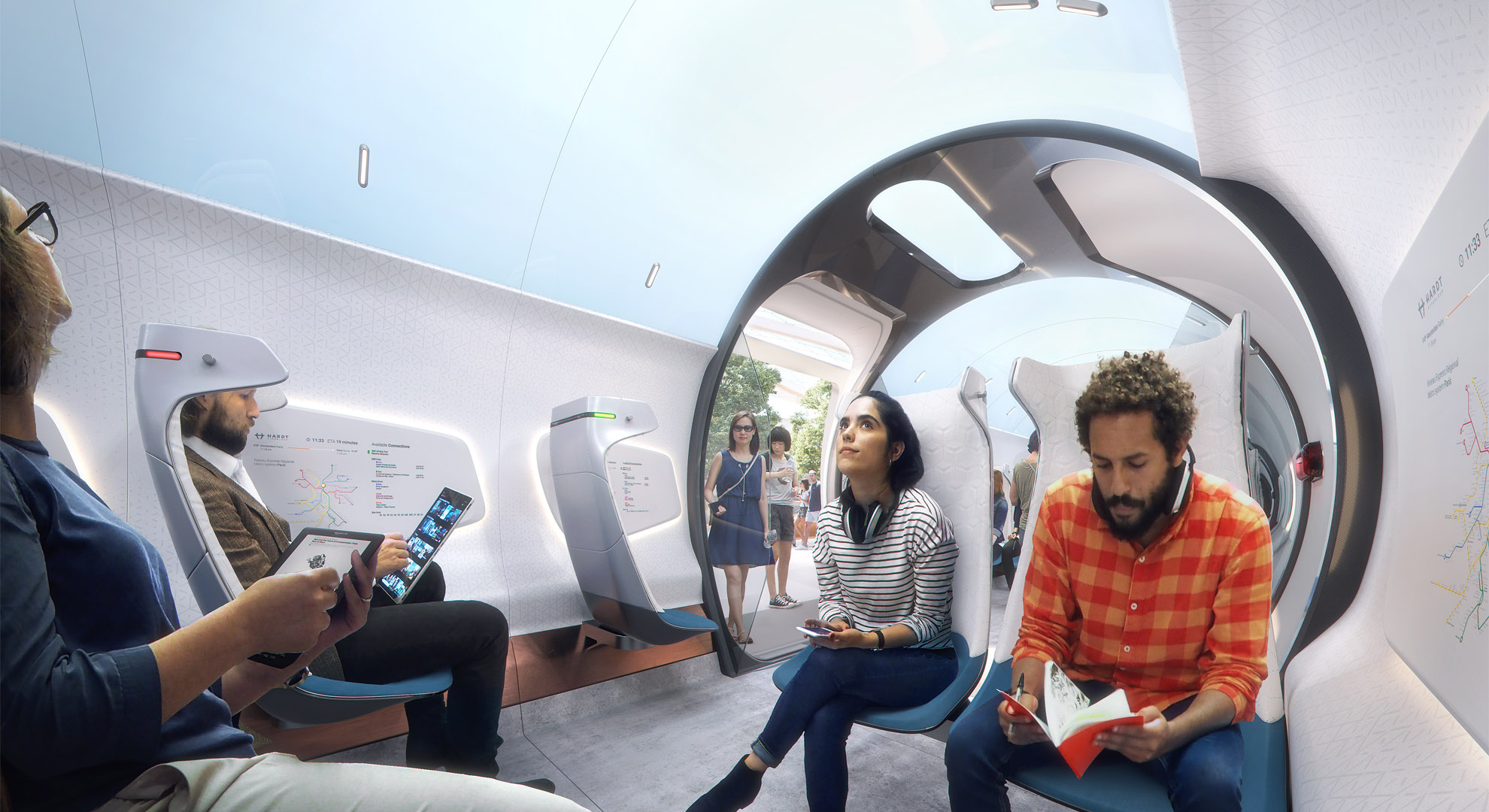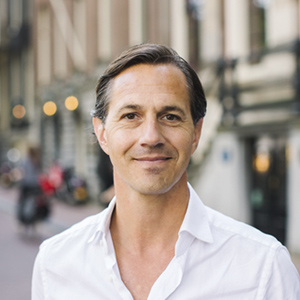New Alternatives for Renewable Energies (Part 2)
Warner Philips talks about how environmental change needs the combined efforts of the public and private sectors
Investor and entrepreneur Warner Philips participated in the symposium “The Context of Sustainable Architecture” at Roca Gallery Barcelona in May, 2014. In the second part of this recent interview he reflects on the roles of consumers, entrepreneurs, companies and governments in generating a sustainable future.
You have succeeded in combining environmental sustainability, innovation and social inclusiveness in projects you have developed. Do you think these circular projects can only originate in start–up companies rather than large corporations?
There is innovation in large companies, but not a lot of companies will launch those innovations as new products. It usually takes an entrepreneur who says: “I’m going to go out and I’m going to do this and spend all my money and the next few years of my life trying to be successful.” You need that kind of attitude and you just don’t find that kind of attitude at 99% of the large corporations.
I do think that companies are starting to understand that if they want to win in the consumer market, they need to have a positive brand. What we’re seeing is a lot of the pension funds and endowment funds and insurance companies are putting pressure on corporations to be really good and clear in terms of their Environmental, Social and Governance (ESG) reporting.
Do you think more initiatives focused on sustainable development will be driven by governments?
I think we’re in a very interesting inflection point in history where we’ve gone from pure economical shareholder value back to corporations having a much larger responsibility. We’ve also seen—particularly with the financial crisis—that if the governments let the financial markets go free, then basically you get a situation where the whole economy can almost collapse.
So governments are stepping up to the plate, they’re figuring out what their responsibility and role is in everyday life. But I think at the same time they’re also starting to see that they need to become more effective and efficient. They need to be proactive and to step in to change the way that we deal with climate change, the energy crisis and other massive challenges.
How do you think the public and private sectors can collaborate more closely?
I think there’s a huge role for the government to play in all of this. And I think we’re only at the early stages, where the government is trying to reinvent itself by asking, “How do we make sure that we keep sufficient control and oversight of what’s going on without becoming a police state? How do we not make it too expensive? How do we make sure that people are empowered to do the right thing?”
Problems like the transition to renewable energies cannot be solved only by consumers or private companies without governments figuring out how to use the systems we have—infrastructure, tax incentives, subsidies, stimuli—to make sure that society becomes more sustainable, more inclusive, and continues to be enjoyable for as many people as possible.

HARDT_HYPERLOOPVEHICLE, UNSTUDIO (DESIGN), PLOMPMOZES (VISUALIZATION)
I think we need the entrepreneurs to come up with the right ideas and the right products. We need investors to take chances and back them up. We need governments to support these initiatives. For instance, if we go back to the Hardt Hyperlook project of transporting people in vacuum tubes—a project that will completely and dramatically change the way people travel in Europe—you need a lot of money to develop the technology, but you also need government support to clear real estate permits and resolve those kinds of issues. So it really does take everyone.
What is your message for the next generations of entrepreneurs?
I think one of the most powerful things right now is that almost all the talent that is coming into the marketplace—the really talented people—only want to work for companies that have a clear societal purpose and the only way that you’re going to win in the marketplace is with the best people. The worst thing that could happen is that this generation becomes burned out or disillusioned and says: “Oh well, we had a dream, but it didn’t work out, so let’s just go work for an oil company, or something like that.” But I don’t think that’s happening.
Because if we can prove that you can earn a good living as an entrepreneur, pay fair wages to everybody in your company, make superior products that actually make the world net positive, and generate healthy returns to your investors, then basically there’s really no reason not to do it. And then hopefully massive amounts of capital will flow towards whole new generations of entrepreneurs who all want to make this world better; who have the tools and the backing, the marketplace and the market potential to do so. I’m seeing that happening and I’m very excited about it.
This interview was conducted by Inês R. Correia and Diane Gray. It has been edited and condensed.
MAIN IMAGE: Working on a new project. Photo This is Engineering/Pexels
